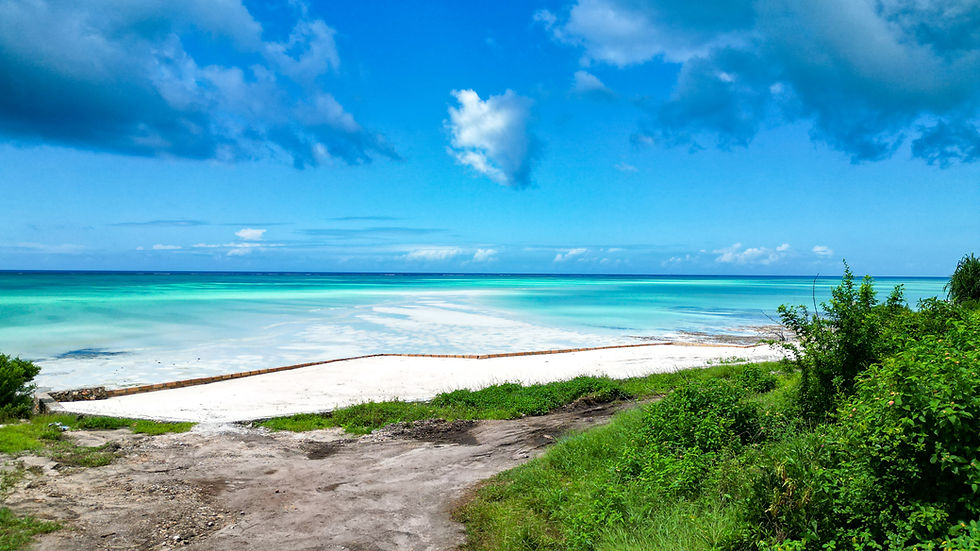Zanzibar Unveiled: A Historical Odyssey Through Cultural Crossroads and Autonomy
- Zanzibar Luxury Properties

- Mar 4, 2024
- 2 min read
In this blog post, let's take a deep dive into the rich historical mosaic of Zanzibar to unravel its past and the diverse influences that have shaped it.
Situated just twenty miles off the east coast of Africa, Zanzibar today reflects a harmonious blend of African, Arabic, Persian, European, Chinese, and Indian influences.
Originally settled by Bantu-speaking Africans, the island's history saw the arrival of Persians in the 10th century. However, it was the Arabs, particularly the Omanis, who left an indelible mark on Zanzibar's cultural landscape. Despite its small size, the island played a significant role in the region's history due to its strategic location along the east coast trade routes.
By the 11th century, Islam had firmly established itself in the region, setting the stage for a dynamic interplay of cultures.
In the 16th century, Portuguese explorers forged friendly relations with the local ruler, but their presence waned in the late 17th century after a determined campaign by the rulers of Oman.
Zanzibar's pivotal role as the primary slave market along the East African coast became evident, making it an integral part of the Omani empire. The 19th-century Omani Sultan, Said bin Sultan, recognized its significance and chose Zanzibar as his main residence from 1837.
Under his rule, the island witnessed the construction of impressive palaces and gardens. Sultan Said also diversified the island's economy by introducing crops such as cloves, sugar, and indigo. Despite cooperating with British efforts to abolish the slave trade, the link with Oman severed after he died in 1856.
The power struggle between Said bin Sultan's sons led to British diplomatic intervention, resulting in Majid inheriting Zanzibar in 1870.
A British consul was appointed with the primary mission of ending the notorious slave trade, culminating in a treaty with Sultan Barghash in 1873.
By 1890, Zanzibar became a British protectorate with the approval of the sultan, solidifying Britain's colonial presence.
Fast forward to the 1960s, and Zanzibar regains independence from British rule. However, political upheaval ensued in 1964 when the African majority overthrew the established minority Arab ruling elite.
A republic was established, and in April of the same year, Zanzibar and Tanganyika on the mainland signed an act of union, giving birth to the United Republic of Tanzania, while granting semi-autonomy to Zanzibar.
Today, Zanzibar remains an integral part of the United Republic of Tanzania, boasting a semi-autonomous government with its President, Cabinet, Legislature, and Judicial system.
The government is entrusted with Non-Union matters, continuing the island's journey through history with a unique blend of autonomy and shared identity within the broader Tanzanian context.


















Comments